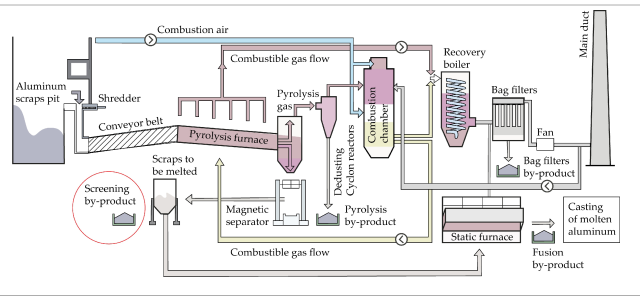Gasoline is a commonly used fuel for vehicles and is known for its flammability. But have you ever wondered why gasoline is so flammable? In this article, we will explore the chemical properties of gasoline that make it highly combustible.
The Composition of Gasoline
Gasoline is a mixture of various hydrocarbons, which are compounds made up of carbon and hydrogen atoms. These hydrocarbons include alkanes, cycloalkanes, and aromatic hydrocarbons. The specific composition of gasoline can vary depending on its intended use and the additives included.
The Role Of Hydrocarbons
Hydrocarbons are the main reason why gasoline is flammable. These molecules contain a large amount of stored energy in the form of chemical bonds. When these bonds are broken, energy is released, which can result in a fire or explosion under the right conditions.
Additionally, hydrocarbons have a high vapor pressure, meaning that they easily evaporate into the air. This property allows gasoline to form a combustible mixture with oxygen in the presence of an ignition source, such as a spark or flame.

Credit: pubs.acs.org
The Combustion Process
When gasoline is ignited, the combustion process begins. It involves a series of chemical reactions that release energy in the form of heat and light. This process can be summarized in three key steps:
- Ignition: An external heat source, like a spark or flame, provides the activation energy needed to start the combustion process.
- Combustion: The hydrocarbons in gasoline react with oxygen from the air, producing carbon dioxide (CO2) and water (H2O) as byproducts. This exothermic reaction releases heat and light.
- Propagation: The heat generated from the initial combustion continues to break down more hydrocarbon molecules, creating a self-sustaining reaction. This is what causes a fire to spread if not controlled.
The energy released during combustion is what powers the engine in a vehicle. However, when gasoline is not properly contained or controlled, it can lead to dangerous fires and explosions.
Flammability Limits
Gasoline has defined flammability limits, which refer to the range of concentrations of gasoline vapor in the air that are capable of sustaining combustion. These limits are commonly known as the Lower Flammability Limit (LFL) and Upper Flammability Limit (UFL).
The LFL represents the minimum concentration of gasoline vapor needed for combustion, while the UFL represents the maximum concentration beyond which gasoline vapor will not ignite. To illustrate:
| Flammability Limit | Vapor Concentration |
|---|---|
| Lower Flammability Limit (LFL) | 1.4% |
| Upper Flammability Limit (UFL) | 7.6% |
It is important to note that gasoline vapor needs to be within the flammability limits for ignition to occur. If the concentration is too low or too high, the gasoline-air mixture will not ignite.

Credit: www.mdpi.com
Safety Precautions
Due to the flammable nature of gasoline, it is crucial to follow safety precautions when handling or storing this fuel. Here are some important tips to keep in mind:
- Store gasoline in approved containers: Use containers specifically designed for storing gasoline to minimize the risk of leaks and spills.
- Avoid open flames and sparks: Never smoke or use open flames near gasoline storage areas or when refueling a vehicle.
- Proper ventilation: Ensure that areas where gasoline is stored or used have sufficient ventilation to prevent the buildup of flammable vapors.
By adhering to these safety guidelines, the risk of gasoline-related accidents can be significantly reduced.
Frequently Asked Questions On Why Is Gasoline Flammable? Unraveling The Combustible Power
Why Is Gasoline Flammable?
Gasoline is flammable due to its chemical composition and low ignition temperature, allowing it to easily vaporize and ignite.
What Makes Gasoline A Fire Hazard?
Gasoline is a fire hazard because it releases flammable vapors that can ignite easily, causing fires and explosions.
How Does Gasoline Burn In Engines?
Gasoline burns in engines through a process called combustion, where it mixes with air and is ignited by a spark, releasing energy that powers the engine.
Why Should We Handle Gasoline With Caution?
Gasoline should be handled with caution due to its flammability, as mishandling or improper storage can lead to accidents, fires, and harm to human health.
Conclusion
Gasoline is flammable due to its high content of hydrocarbons, which release energy when their molecular bonds are broken. The combustion process that occurs when gasoline interacts with an ignition source generates heat and light, powering the engines of vehicles. Understanding the flammability of gasoline and following safety precautions is essential to prevent accidents and ensure safe usage.

